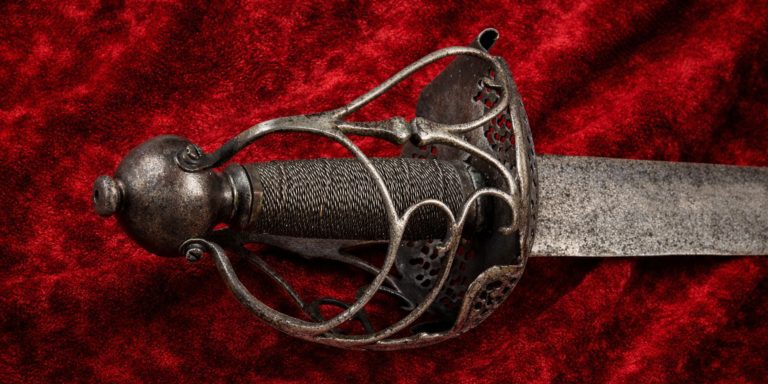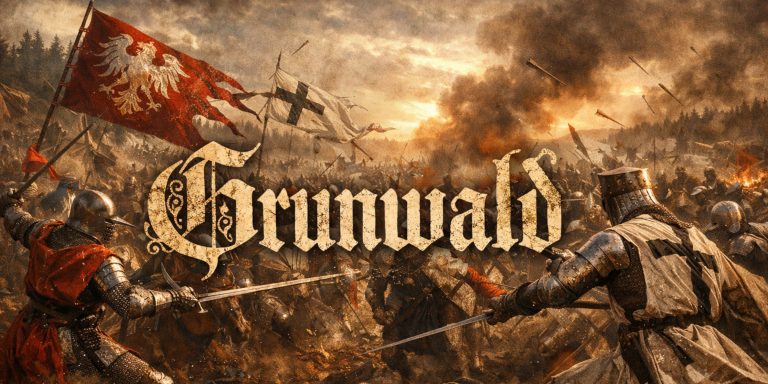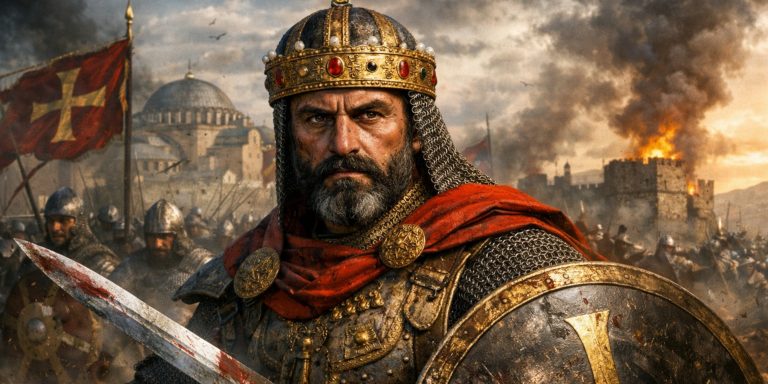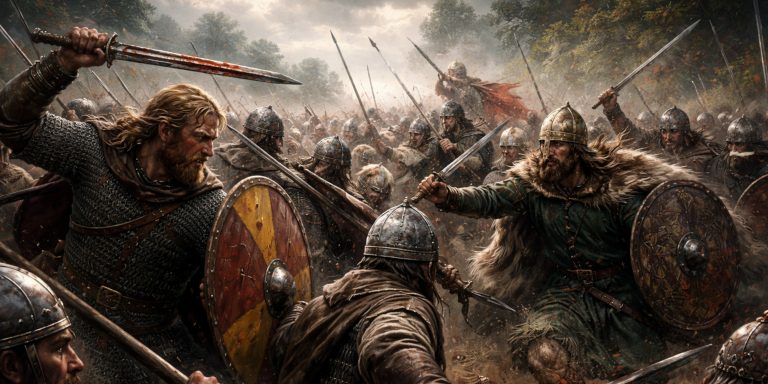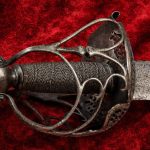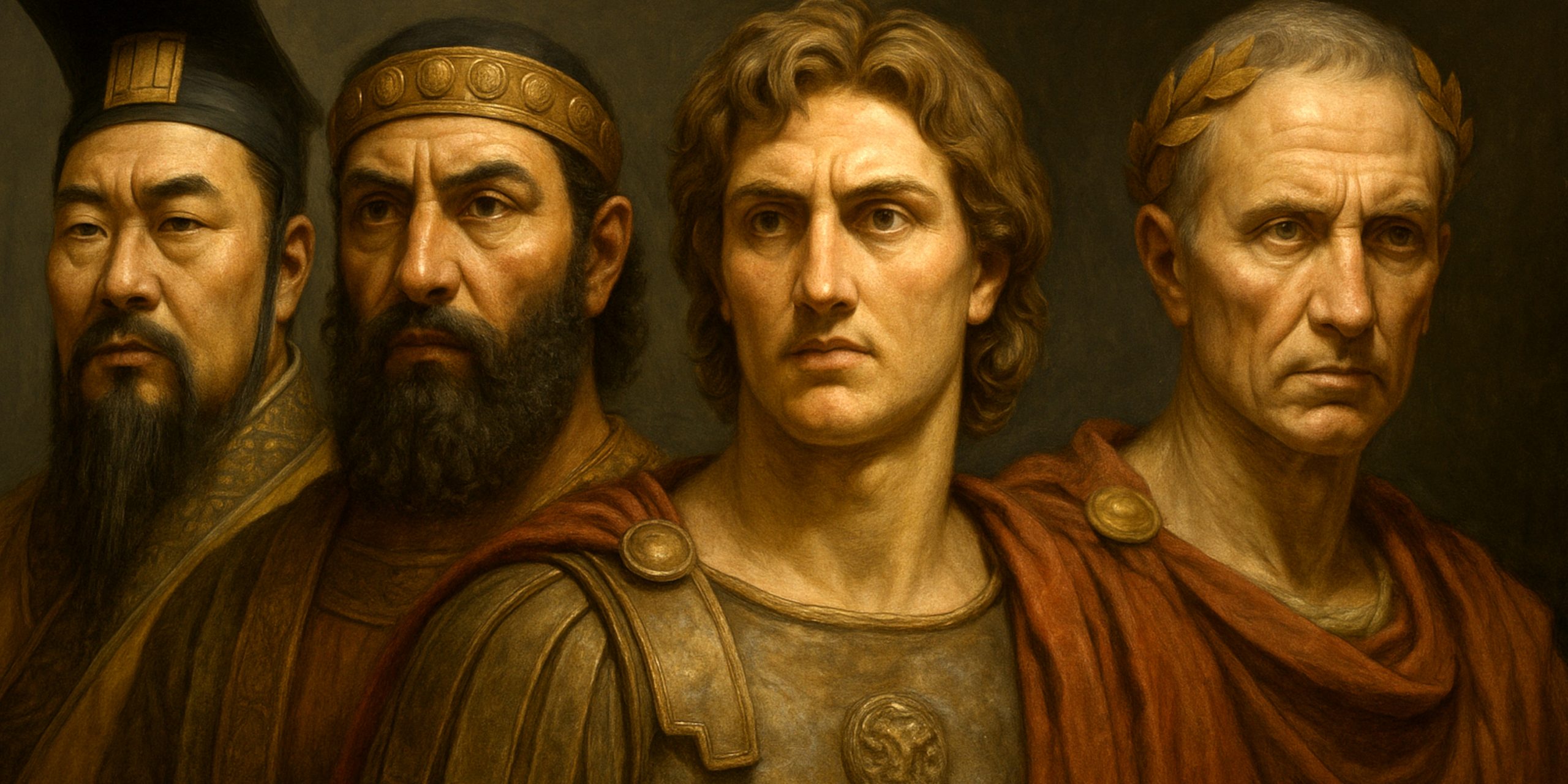
When civilisation was young and cruelty was policy.
Ancient history wasn’t for the faint-hearted. Long before modern armies, gunpowder, and bureaucracy, power was personal, and so was punishment. Rulers were often seen as divine or semi-divine, their word law and their anger fatal. When they turned ruthless, entire cities vanished from maps, and defiance meant extinction.
The following tyrants, emperors, and conquerors remind us that the roots of civilisation were watered with blood. Their reigns reshaped kingdoms, inspired fear, and still echo through archaeology and legend.
1. Qin Shi Huang (259–210 BC)
The man who forged China from chaos. Qin Shi Huang ended centuries of warring states and declared himself the first Emperor of China. His reforms unified writing, currency, and law, impressive achievements overshadowed by his obsession with control. Scholars who criticised him were buried alive, and thousands died constructing the Great Wall and his massive tomb. Inside it, rivers of mercury and an army of terracotta soldiers still stand guard.
Ruthlessness score: order through annihilation.
2. Ashurbanipal of Assyria (685–627 BC)
The last great king of Assyria combined scholarship with sadism. He built one of the earliest known libraries, yet his inscriptions proudly describe flaying rebels, burning cities, and hanging enemy kings’ heads from city walls. In the Assyrian empire, terror wasn’t a by-product, it was policy.
Ruthlessness score: cultured cruelty.
3. Cambyses II of Persia (r. 530–522 BC)
Son of Cyrus the Great, Cambyses lacked his father’s moderation. His invasion of Egypt was successful but brutal. Ancient sources claim he desecrated temples, killed sacred animals, and executed anyone who mocked him. Whether the stories were exaggerated by his enemies or not, his reputation as a deranged conqueror stuck fast.
Ruthlessness score: inherited empire, misplaced sanity.
4. Nero (37–68 AD)
Rome’s most infamous emperor earns his place even among ancient tyrants. Nero’s reign mixed paranoia and performance art, he executed rivals, killed his mother, and allegedly set Rome ablaze while reciting poetry. His persecution of early Christians was vicious, and his extravagance bankrupted the empire. He ended his rule with a fitting line: “What an artist dies in me!”
Ruthlessness score: vanity with a death toll.
5. Caligula (12–41 AD)
Few emperors have enjoyed absolute power so recklessly. Caligula treated Rome as his personal stage: torturing senators for amusement, bankrupting the treasury with absurd projects, and declaring himself a living god. He even ordered bridges built across bays simply to prove he could. His assassination was less a coup and more a sigh of relief.
Ruthlessness score: theatrical tyranny.
6. Attila the Hun (c. 406–453)
To the Romans, he was the “Scourge of God,” a living embodiment of divine wrath. Attila’s campaigns devastated Europe from the Balkans to Gaul. Entire cities were razed, populations enslaved, and emperors humiliated into paying tribute. Yet he could be diplomatic when it suited him, proving that terror and negotiation make a powerful pair.
Ruthlessness score: polite barbarism.
7. Herod the Great (73–4 BC)
Architectural genius and family annihilator. Herod transformed Judea with fortresses, temples, and cities, but paranoia ruled his household. He executed his wife, sons, and countless courtiers on suspicion of disloyalty. Even Rome’s Emperor Augustus reportedly said it was safer to be Herod’s pig than his son.
Ruthlessness score: domestic disaster with excellent masonry.
8. Dionysius I of Syracuse (c. 432–367 BC)
Sicily’s iron-fisted tyrant mixed military brilliance with paranoia. Dionysius fortified Syracuse into a near-impenetrable city and waged endless wars against Carthage. At home, he spied on citizens, tortured rivals, and invented elaborate execution devices. The “Sword of Damocles” story likely stems from his reign, a reminder that tyranny is never restful.
Ruthlessness score: sleepless supremacy.
9. Xerxes I of Persia (519–465 BC)
Xerxes inherited one of the greatest empires in history and nearly doubled it, or tried to. His invasion of Greece brought unmatched devastation, burning Athens to the ground. He punished disobedience with floggings, executions, and the occasional mass impalement. Despite his grandeur, his hubris led to humiliation at Salamis and Plataea.
Ruthlessness score: divine ego with a logistics problem.
10. Antiochus IV Epiphanes (215–164 BC)
The Seleucid ruler who sparked the Maccabean Revolt by outlawing Jewish religious practices and desecrating the Temple in Jerusalem. Antiochus fancied himself a god incarnate and backed it up with forced Hellenisation and massacres. His arrogance helped fracture his empire beyond repair.
Ruthlessness score: divine delusion meets cultural arrogance.
Honourable Mentions
- Sargon of Akkad: The first empire-builder, ruthless by definition.
- Pharaoh Ramses II: Builder of monuments, breaker of enemies.
- Pyrrhus of Epirus: So ruthless he coined his own kind of victory.
- Tarquin the Proud: Rome’s last king, overthrown for being too cruel even by Roman standards.
- King Nabonidus of Babylon: Less bloodthirsty, more eccentric, but still toppled for neglecting his gods.
The Seven Swords Takeaway
In the ancient world, ruthlessness was not always condemned, it was often admired. These rulers were judged by their power, not their mercy, and history records them with a mixture of horror and awe. They built wonders, codified laws, and sometimes improved the world, usually by making everyone else too terrified to resist.
Civilisation, it seems, has always walked a fine line between greatness and brutality. The ancients simply didn’t bother pretending otherwise.

